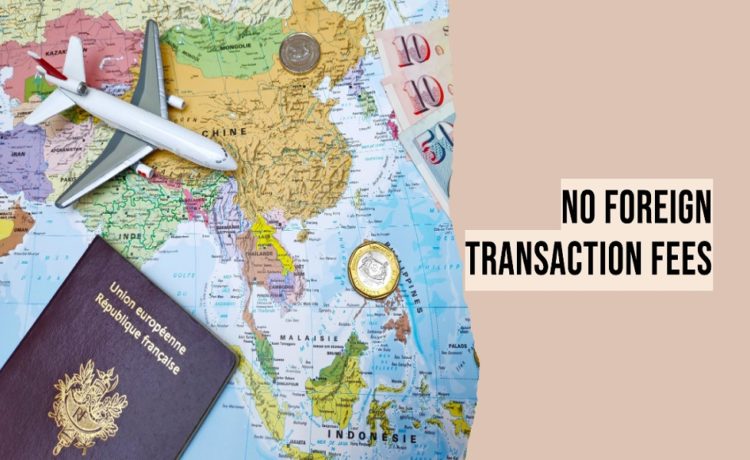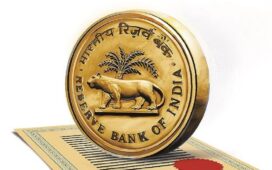Navigating the labyrinth of credit card features and fees can sometimes feel like deciphering an enigma. One such feature that often perplexes international travelers is the foreign transaction fee. With the Chase Freedom Unlimited card gaining traction among consumers, understanding its foreign transaction fee becomes paramount for those jet-setting abroad. Let’s dissect this fee and understand its implications.
What is a Foreign Transaction Fee?
Before diving deep into Chase Freedom Unlimited’s specifics, it’s essential to grasp the concept of foreign transaction fees. When you make a purchase in a foreign currency or with a foreign merchant, your credit card issuer may charge a percentage of the transaction as a fee. This fee is primarily to cover the costs associated with currency conversion and processing international transactions.
The Chase Freedom Unlimited Card: An Overview
Offered by JPMorgan Chase, one of the leading global banking institutions, the Chase Freedom Unlimited card is renowned for its cashback rewards, sign-up bonuses, and a 0% introductory APR period. It appeals to a broad consumer base, especially those keen on maximizing their everyday purchases.
Foreign Transaction Fee: The Fine Print
Now, to the heart of the matter. The Chase Freedom Unlimited card charges a foreign transaction fee of 3% of the U.S. dollar amount of each transaction, whether the transaction is made in USD or a foreign currency. This means that for every $100 spent abroad, you could incur a fee of $3.
Implications for International Travelers
If you’re a frequent traveler, these fees can accumulate. Consider this scenario: You’re on a two-week European vacation, and your total expenditure on the Chase Freedom Unlimited card amounts to $3,000. With a 3% foreign transaction fee, you’d be looking at $90 in fees alone.
But it’s not just about traveling. Online shoppers purchasing from foreign e-commerce platforms or subscribing to international services can also incur these fees.
Alternatives Within the Chase Family
For those loyal to the Chase brand but keen on avoiding foreign transaction fees, Chase does offer alternatives:
- Chase Sapphire Preferred: This travel-focused card boasts no foreign transaction fees, coupled with a fantastic rewards program for travel and dining.
- Chase Sapphire Reserve: A premium travel card, it not only waives foreign transaction fees but also offers a plethora of travel benefits, including airport lounge access and travel insurance.
The Bigger Picture: Weighing Pros and Cons
Every credit card is a package deal, and it’s essential to evaluate its features holistically:
Pros:
- Impressive Cashback: The Chase Freedom Unlimited offers compelling cash back rates, especially on dining and drugstore purchases.
- Sign-up Bonuses: Often, the card provides generous sign-up bonuses, subject to certain spending requirements.
Cons:
- Foreign Transaction Fee: The 3% fee can be a deal-breaker for frequent international travelers or those making significant foreign transactions.
- Other Potential Fees: Beyond foreign transaction fees, be aware of potential cash advance fees or late payment penalties.
Frequently Asked Questions
- Does the 3% foreign transaction fee apply if I’m purchasing online from a foreign merchant but not traveling?
Yes, the fee applies to all transactions processed outside the U.S., even if you’re physically in the U.S. during the transaction.
- Are there any other Chase cards that don’t charge foreign transaction fees?
Besides the Chase Sapphire cards, the Ink Business Preferred Credit Card also waives off these fees.
- Can I request Chase to waive off the foreign transaction fee for a particular transaction?
Typically, these fees are fixed and non-negotiable. However, you can always contact Chase customer service for any specific concerns.
Conclusion
The Chase Freedom Unlimited card is undeniably a potent financial tool, especially for those seeking cashback rewards. However, its foreign transaction fee underscores the importance of reading the fine print and understanding your spending habits. If international transactions form a significant chunk of your expenditures, exploring other cards within or outside the Chase ecosystem might be worthwhile.









